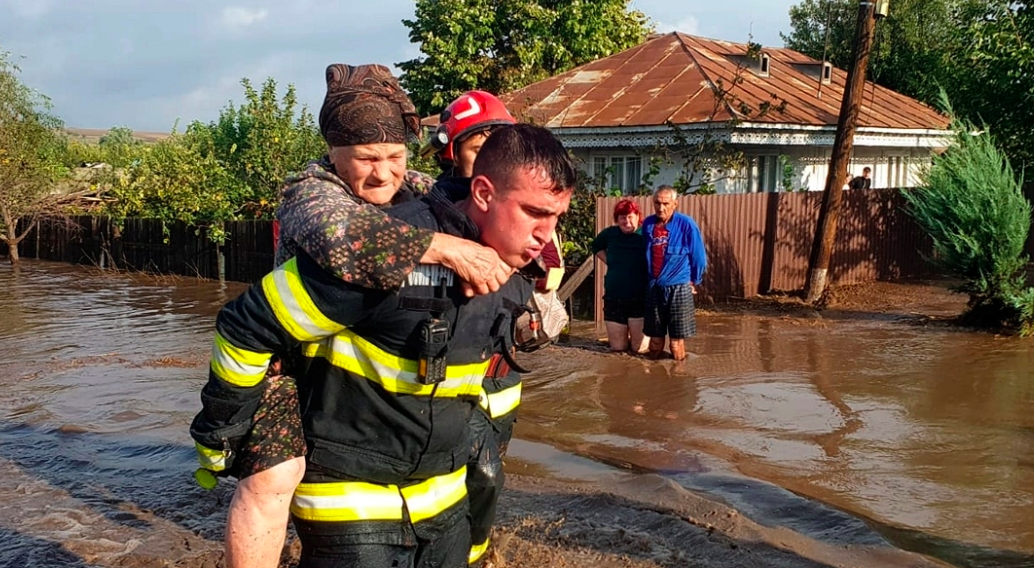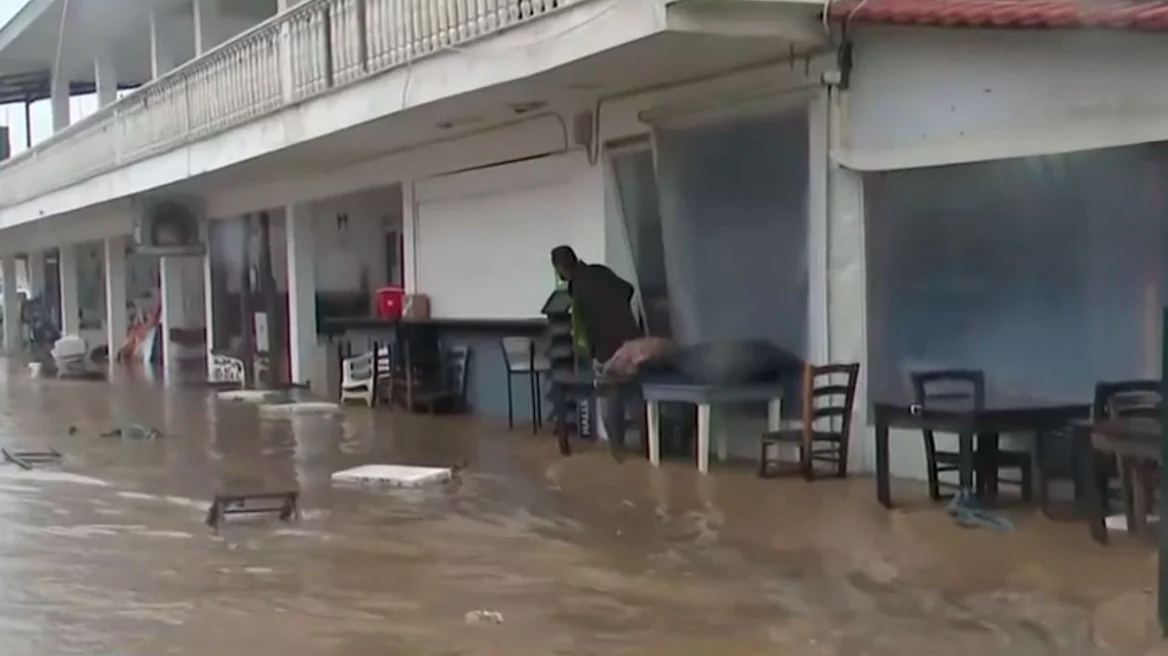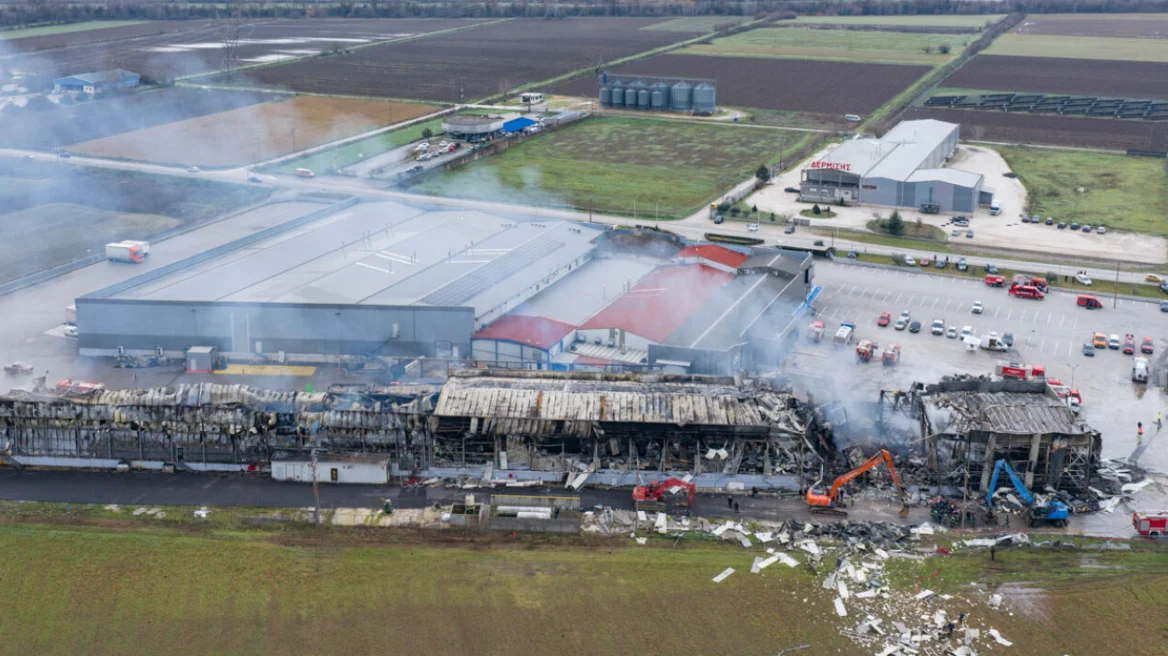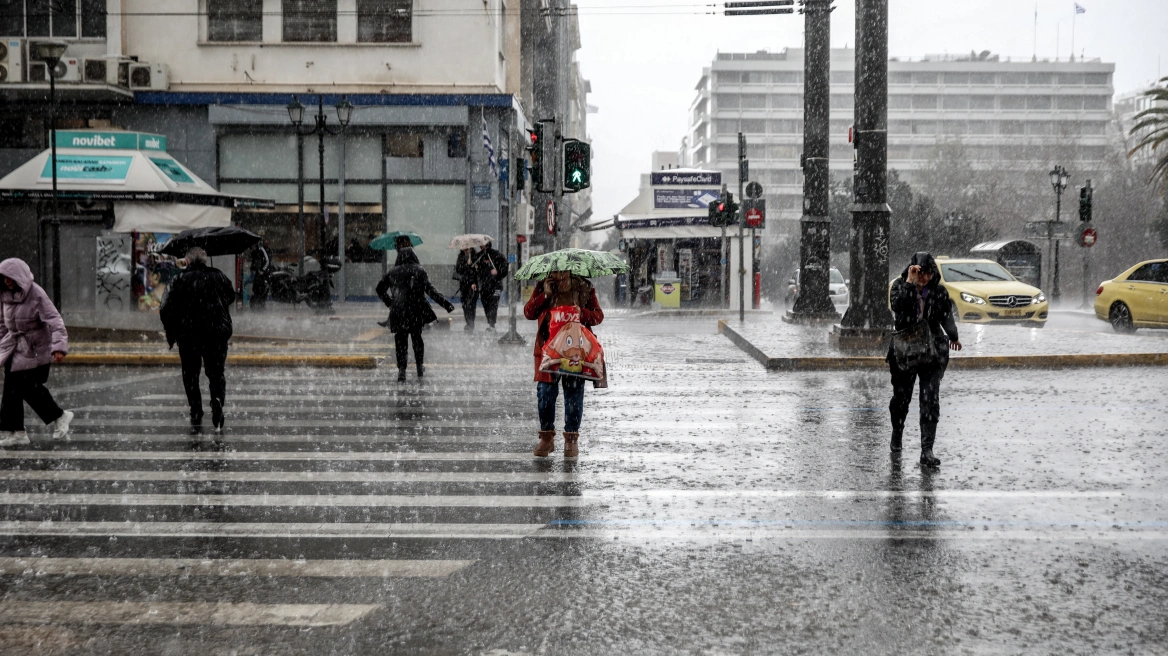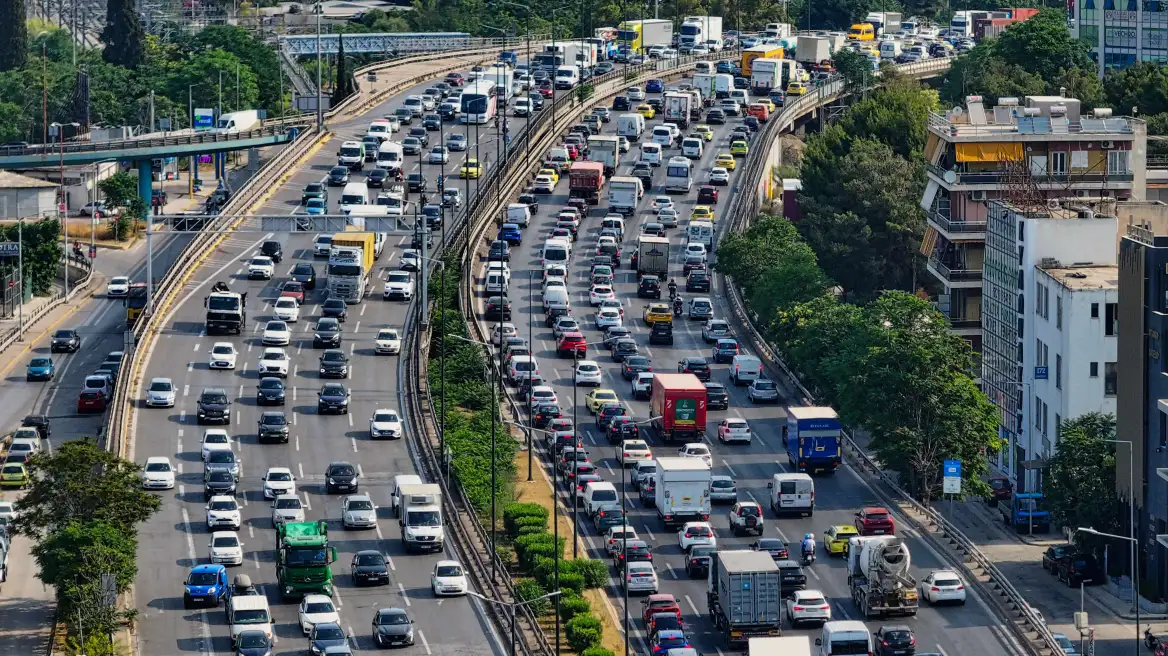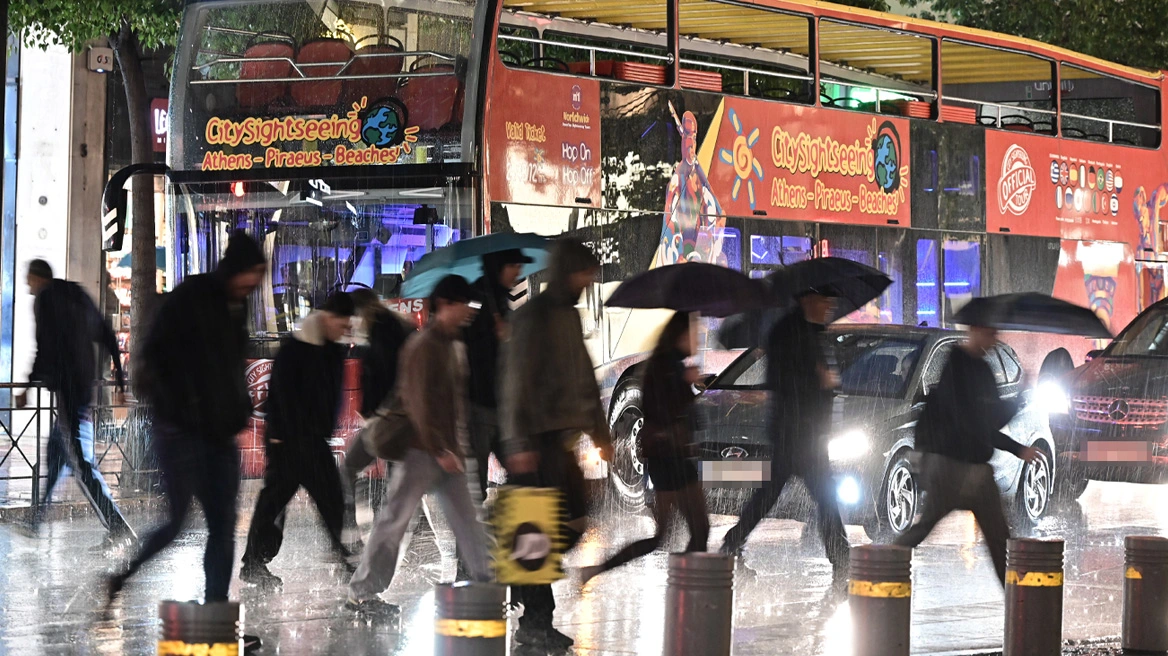The severe storm Boris caused catastrophic damage across Central Europe over the weekend, with the death toll from flooding continuing to rise.
So far, at least 16 people have been confirmed dead, with most victims found in Czechia, Poland, and Austria. In Czechia, one person drowned in a stream near Bruntál in the northeast, and seven people are still missing.
Four people have lost their lives in Poland, though a spokesperson for the Ministry of the Interior stated that the exact cause of death has not yet been determined in at least one case.
In northeastern Austria, two elderly men, aged 70 and 80, lost their lives. One, a resident of Höbersdorf, is believed to have drowned while trying to pump water from his apartment, according to Austrian media reports.
Flood Risk Remains
In some areas, the situation has stabilized, but other regions are bracing for further disruption. In Slovakia, the overflowing Danube River flooded the old town of the capital, Bratislava, with local media reporting water levels exceeding 9 meters and expected to rise further.
The heaviest rainfall was recorded in Czechia. As of Thursday morning, the northeastern town of Jeseník had received 473 millimeters of rain—five times the average monthly rainfall.
In Austria, military forces were deployed to assist storm-hit areas. In St. Pölten, more rain fell in four days than in the wettest autumn recorded in 1950.
In eastern Romania, villages and towns were submerged, with the mayor of Slobozia Conachi describing the consequences as devastating. Many people found their lifetime’s work destroyed, with some left with only the clothes on their backs.
Paczków, Poland, at Risk
Thousands of people have been evacuated in Poland, including staff and patients from a hospital in Nysa. Roads have been severely disrupted, and train services suspended in many parts of the country.
On Monday morning, the mayor of Paczków in southwestern Poland urged residents to evacuate the town, which is at risk due to water overflowing from a nearby reservoir.
In other parts of Poland, water levels are now receding, according to local officials. The mayor of Kłodzko, Michał Piszko, told Polish media that the water had subsided, and the worst seemed to be over.
More Rain is Expected Until Tomorrow
Meanwhile, meteorologists predict more rain for Austria, Czechia, and southeastern Germany today and tomorrow, with an additional 100 millimeters of rain expected.
By midweek, weather in Central Europe is expected to improve, with drier conditions prevailing, although it may take days for floodwaters to recede.
Concerns have also been raised for Italy, where the storm is expected to bring heavy rainfall. The Emilia-Romagna region is forecast to receive 100-150 millimeters of rain, which could trigger further flooding.
Hungarian Prime Minister Orban Cancels European Parliament Speech
Hungarian Prime Minister Viktor Orban, who was scheduled to deliver a speech at the European Parliament in Strasbourg on Wednesday as part of the EU’s rotating presidency, announced today that he is canceling his appearance due to Storm Boris hitting Central Europe.
“Due to the extreme weather conditions and the floods, I have postponed all of my international obligations,” wrote the nationalist leader on X, who angered his partners earlier in July by visiting Russian President Vladimir Putin. In a video, he announced that he would not leave the country until the worst had passed.
In a statement, the European Parliament confirmed the “postponement of the speech scheduled for this week regarding the priorities of the Hungarian presidency.”
Orban’s decision was welcomed by the opposition, with representatives noting that the country needed national unity.
Plans for Damage Restoration
Austrian Chancellor Karl Nehammer stated that a disaster fund is available to address the damage. He noted that €300 million is immediately accessible, but if more is needed, the fund will be increased.
Poland, which also suffered severe damage, has declared a 30-day state of emergency.
Czech Prime Minister Petr Fiala updated the situation in his country, writing that the situation is difficult, with the most problematic area now being South Bohemia. Residents of Ostrava were also asked not to enter the city.
Ask me anything
Explore related questions
